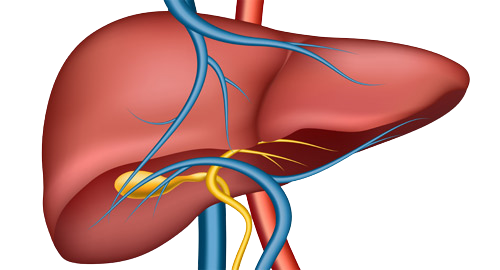Understanding the Liver
PRIMARY SCLEROSING CHOLANGITIS
What is the deal Primary Sclerosing Cholangitis?
It is a chronic liver disease characterized by a progressive course of cholestasis with inflammation and fibrosis of the intrahepatic and extrahepatic bile ducts. The underlying cause of the inflammation is believed to be that of autoimmunity.
DIAGNOSIS
PSC is generally diagnosed on the basis of having at least two of three clinical:
serum alkaline phosphatase (ALP) > 1.5x the upper limit of normal, Cholangiography demonstrating biliary strictures or irregularity consistent with PSC, and liver histology (if available).
CAUSES
An immune system’s reaction to any kind of infection might trigger the disease in people who are genetically exposed to it. A large proportion of people with primary sclerosing cholangitis is also affected with inflammatory bowel disease.
SYMPTOMS
Many people with PSC are not affected with symptoms, especially in the early stages of the disease. However when they occur, the most common ones are fatigue, pruritus, or itching of the skin, and jaundice, a yellowing of the skin and eyes.
TREATMENT
There is no particular cure or specific treatment associated with PSC. The itching associated with the disease can be reduced with the proper dosage of medication, and antibiotics are used to treat bile duct infections when they occur.





